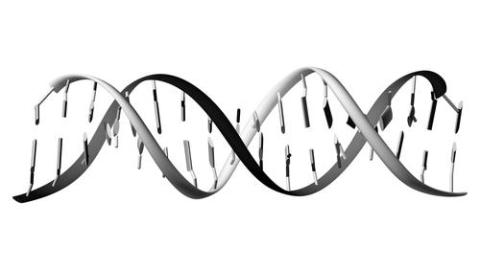Scientists Create Synthetic DNA that Evolves on Its Own

What’s the Latest Development?
By removing natural sugar compounds found in DNA and replacing them with synthetic polymers, scientists in Britain have recreated life’s building blocks in an artificial form they call XNA. Researchers at the UK’s Medical Research Council Laboratory of Molecular Biology “evolved enzymes, called polymerases, that can make XNA from DNA, and others that can change XNA back into DNA.” This copying and translating ability allowed the scientists to create artificial heredity, showing that ‘beyond heredity, specific XNAs have the capacity for Darwinian evolution,’ according to the study, which will be published in the journal Science.
What’s the Big Idea?
Heredity and evolution, two hallmarks of life as we know it, are no longer limited to DNA and RNA. And since scientists can control the means by which XNA responds to its environment, scientists can use XNA to ask ‘very basic questions in biology’, such as the origin of life, said John Chaput, co-author of the study. For instance, ‘it’s possible that life didn’t begin with DNA and proteins like we see today—it may have begun with something much, much simpler,’ Chaput said. “A scientist could potentially evolve XNA to discover various functions that would have been important for early life.”
Photo credit: Shutterstock.com





